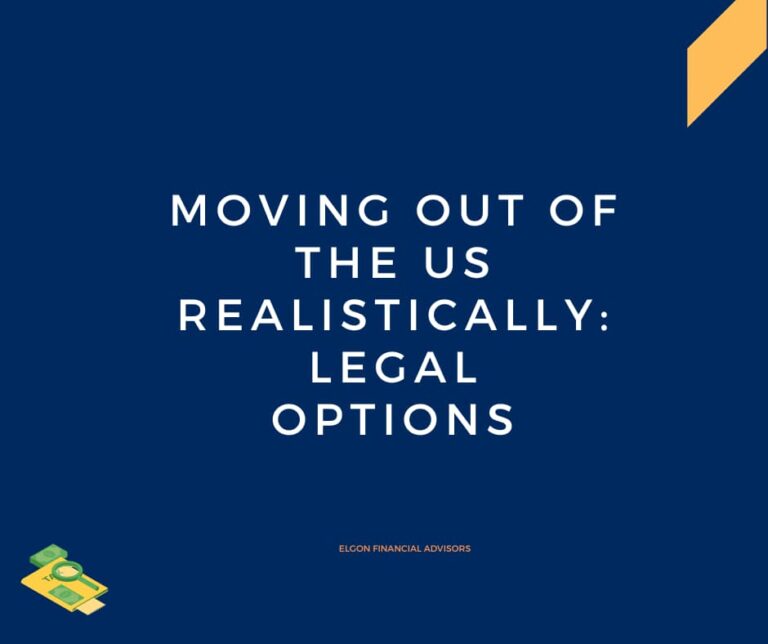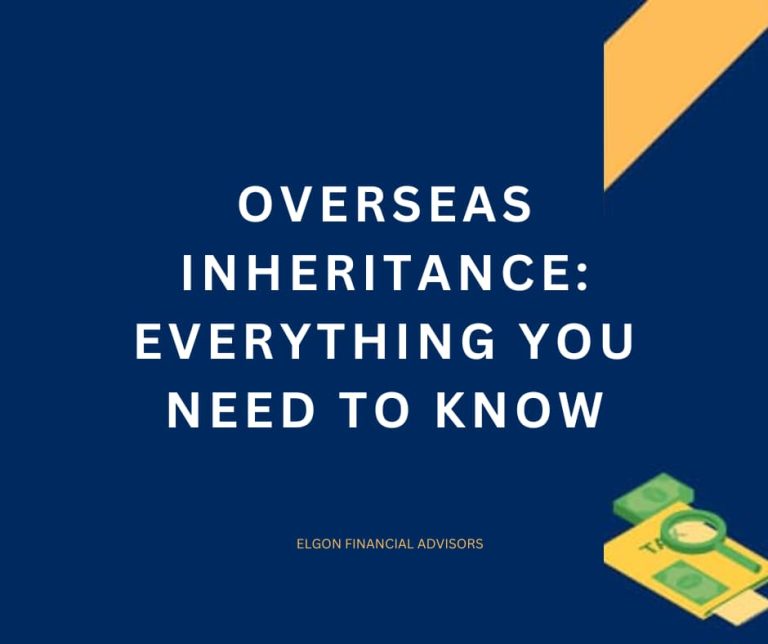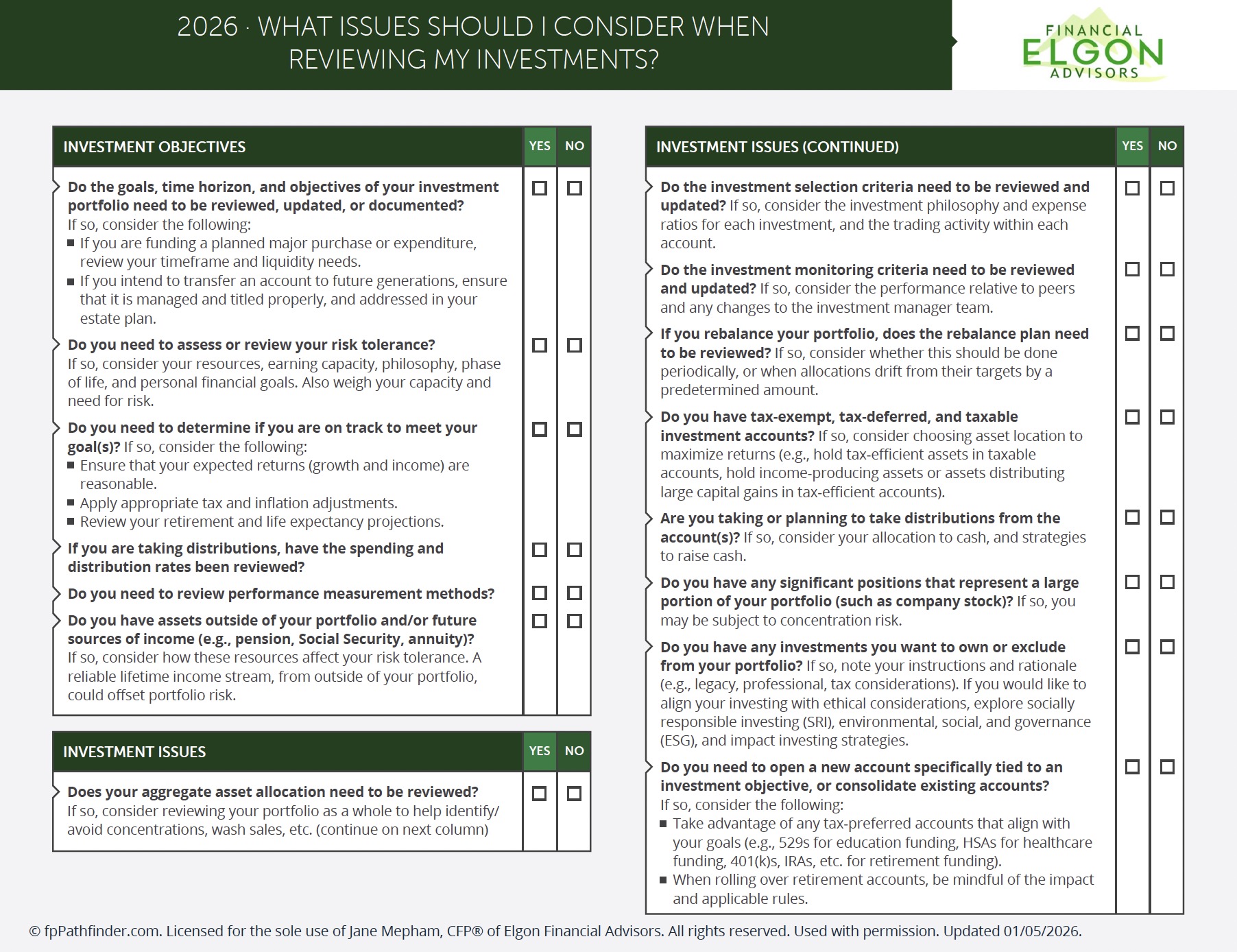Cross-border financial planning is complex. In today’s post, I highlight some of the complexities with broad-based advice on tackling them. Or at least how to think about them.

Since we are in the US, we used two broad categories: those coming to the US (including foreign nationals on non-immigrant work visas) and those leaving the US to live as US expats in other countries.
The nuanced approach reinforces the complexity of cross-border financial planning.
Some key areas that we discussed.
Immigration Residency Is Not The Same As Tax Residency Complexity
In The US
A green card holder or a US citizen will always be considered a US tax resident and subject to US tax laws, regardless of their location.
How To Determine Your Tax Residency
Leaving the country on a green card for more than 12 months could put your permanent residency in jeopardy, while you are still expected to pay US taxes.
We are big on bringing in other professionals, and this is one of those times when consulting an immigration lawyer is advisable.
For those in the US who are not green card holders or citizens, your tax residency, with a few exceptions, is determined by the IRS’s substantial presence test.
Outside The US
Moving to another country as a US expat may result in becoming a tax resident of that country. It’s something to be determined before you go, in addition to figuring out the required visas (E.g., Retirement, Digital Nomad, Residency visa, etc.).
Our Advice: Understand your immigration status – become a student of your visa and familiarize yourself with the laws governing your situation.
Estate Planning And Cross-border Planning Complexity
A hot topic. If you are in the US, the type of estate planning you’ll do is based on your immigration status and the citizenship of other countries that are part of your life.
It is also impacted by where your assets are located, who the beneficiaries and trustees are, and their citizenships.
A significant aspect of this is what or where your domicile will be when you finally pass away.
Your tax income domicile is not the same as your estate tax domicile.
Mixed marriages are a lot of fun (partners from different countries), different cultures, etc, but they come with extra complexity, with or without high levels of assets.
PS: I have first-hand experience with this. My spouse and I are not only from different countries, but we are from different continents. Seems to run in our family, as we have a couple of these relationships.
Here is a fun example: John was born in Brazil, then his family moved to Canada, where they became Canadian citizens. He’s now working in the US on a TN visa.
His fiancée, Mary, is a green card holder, born in France. She is considering US citizenship but is also interested in exploring the citizenship options of her parents’ countries (two other countries). Her family has business interests all over, which, as the only child, she’ll most likely inherit.
This is what we mean by cross-border financial complexity.
It will require the services of an international estate planning attorney, who will most likely need to bring in attorneys from other jurisdictions.
Our Advice. Don’t DIY here. US laws are designed to work within the US, meaning entities that function effectively in the US will most likely not work as intended in other jurisdictions. For example, inheritances as we understand them in the US laws will most likely be trumped by forced heirships in some European countries.
Investments And The Absurdity Of Cross-border Financial Planning
Investments outside the US require thorough examination when considered by US tax residents. You can invest in anything, but before you do, understand the tax consequences of each investment.
For example, foreign-registered mutual funds could be classified as PFIC, which can result in a significant tax filing headache in the US.
Owning foreign companies is another complex area. One that’s got very complicated tax rules.
For those living overseas, with investments in the US or looking to invest in the US, regulations like Mifid II, restrict what they can invest in.
Our Advice: Once you are a US tax resident, anything you touch money-wise in any part of the world will most likely need to be reported on your US taxes. It doesn’t always mean taxes, but there will be tax forms (FBAR, Form 3520, Form 3520-A, Form 8621, etc) that need to be completed and filed. Consider US taxes before any investments outside the US, and if you have any, ensure you are reporting them correctly.
If you are a foreigner looking to invest in the US, the same advice applies: consider and understand the tax implications. Also, understand any regulations like MiFID II that restrict what you can invest in.
US Citizens Moving To Other Countries: Planning Complexity
There is a significant interest in this topic, for numerous reasons that we won’t delve into. Social media influencers will have you believe the grass is greener on the other side. And maybe it is. We also know that many people are making the move.
It’s not as easy as it’s depicted, but it’s doable with some planning. Some things to consider – Arielle has made the move, so this is based on her lived experience. Some things to figure out.
Visa situation, residency, etc.
Local contract laws.
Real estate, Cost of living, currency exchange, etc.
Medical insurance (especially when you have kids).
Banking – Expats face difficulties in opening foreign bank accounts due to FATCA.
Your tax residency.
Language etc.
Our advice: If you’re considering leaving the US, please don’t assume everything will work as you expect. Visit the country in mind for 1-3 months (or longer if possible).
Avoid touristy things, live like a local, ensure you can survive, and then come back for the actual planning.
Foreign Nationals In The US On Non-immigrant Work Visas (H-1B, TN, E-3, L-1, O-1).
Become students of your visa (dates, rules, restrictions, if any), and have an immigration lawyer on speed dial. Stay on top of things, but don’t obsess on what’s happening in the news.
Have a 12-month emergency fund + the cost of flights home for the whole family.
Explore all options for staying, such as obtaining a green card (if that’s your ultimate goal).
Work Visa Layoff Preparation- If Looking To Stay Long-Term In The US
Protect everything you own by knowing where all your assets are and ensuring you can access them at a moment’s notice. Complete your US estate planning.
Please ensure that your taxes are filed correctly, even if you need to go back a few years due to missing international tax forms.
For those looking to leave the country, have a plan to ensure you don’t miss anything. If looking for a plan, grab our complete 52-page checklist.
The Complete Checklist For Foreign Nationals On Work Visas Leaving The US
Our Advice: Be prepared for any eventuality and keep your options open. Don’t stress; instead, reach out to somebody who can help.
Cross-border Financial Planning Mistakes In The Past
Many people who have chosen to manage their own finances, taxes, and estate planning likely have made mistakes with their overseas assets or used incorrect forms.
Or worse, they manage everything, similar to what a US citizen would do, and are very surprised when it doesn’t work out in the end.
An example I see all the time with strategy is somebody planning to leave the US on a FIRE plan and including Roth conversions as part of their retirement strategy.
Mistakes can be very costly and likely to compound especially on failing to report assets.
They can impact your immigration status, such as obtaining US citizenship or incurring an exit tax if you want to abandon US citizenship, or incurring penalties that are compounded every year. Or impact your future planning.
IRS is aware of this and is actually willing to help you correct some of the errors. This can be done via the Streamlined Filing Process.
Our Advice: If you have missed filing some tax forms, please don’t ignore them; correct them, but it would be best to have a tax professional assist you with this, to avoid quiet disclosure ( a bad thing with the IRS).
Are You Concerned That You’ve Screwed Up Your Finances?
Cross-border financial planning is complex when considering your immigration status. And if you are foreign-born, there is no other way to look at it.
You work so hard, but you could end up losing a lot because you were afraid to make a small investment in ensuring your solution works for your situation, allowing you to turn your money into your dreams.
Free Financial Assessment
If you’re not ready to start, that’s okay. However, please stay up to date with our regular updates by email or by joining us here. Sign Up Here.
First published here.

6 Things to Do
When Starting A Job on H-1B Visa
You are starting a new job on a work visa, there are some critical things, that will set up for financial success in the first 3-6 months. Download the free guide below for the detailed list!
We never spam. By signing up you’ll also receive access to future resources right to your inbox.
Disclaimer: This article is provided for general information and illustration purposes only. Nothing contained in the material constitutes tax advice, a recommendation for the purchase or sale of any security, investment advisory services, or legal advice. I encourage you to consult a financial planner, accountant, and/or legal counsel for advice specific to your situation. Reproduction of this material is prohibited without written permission from Jane Mepham and all rights are reserved. Read the full disclaimer here.








Immigration, tax residency, estate planning, investments, and moving overseas are some of the areas that make cross-border financial planning complicated.
The topics are based on the questions that arose during our cross-border presentation at XYPN Live 2025, a few weeks ago, for fellow advisors.